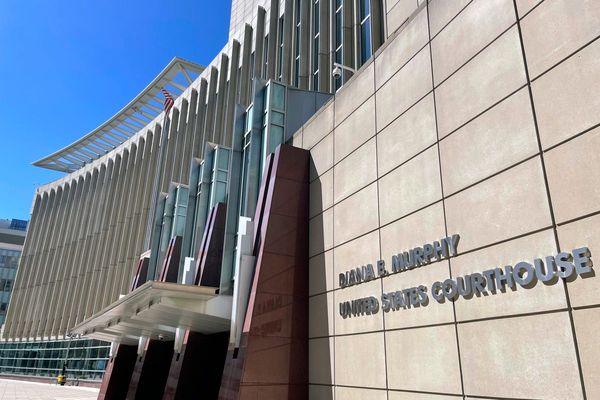Dean Fujioka released his new album "Transmute" -- his first in three years -- in December through the label A-Sketch.
The actor and musician was born in Fukushima Prefecture in 1980 and began his career as a model in Hong Kong in 2004. While appearing on TV shows in Taipei, he was self-producing albums at the same time in Jakarta.
He has been working in Japan since 2011, and in 2013, he released "My Dimension," his first single.
Although it is more common nowadays for Japanese artists to transcend genres and borders, he was one of the first to do so.
"In Japan, jobs tend to be specialized," he said. "Multi-hyphenates who work as I do are pretty rare."
When asked about why he chose the word "transmute" for his album title, he said: "For example, there are many varieties of orchids because they are susceptible to mutations. So, even if their environment drastically changes, the chance the species will survive increases. But it's up to each person whether to view those mutations as a deformity or an adaptation."
He then sat back in his chair, clasped his hands in front of him and spoke with an intense look in his eyes.
"I've always been able to adapt to my surroundings, whether it be language or people, and those experiences have always excited me," he said. "Hopefully, people will see my ability to adapt as a positive. I also hope this album will be the catalyst to encourage listeners to take a step forward."
"Transmute" contains songs from TV shows he has appeared in, such as "Runaway" and "Searching For The Ghost," as well as songs inspired by the characters he portrayed in those shows.
One such song, "Hiragana," was produced while he was filming NHK's annual historical epic "Seiten o Tsuke" (Reach Beyond the Blue Sky). He played businessman Tomoatsu Godai, whom he had played in NHK's serial morning drama "Asa ga Kita" (Asa has come) as well. The stories of both shows mostly take place during the Meiji era (1868-1912), and he felt he grew both physically and emotionally close to Godai.
"When you play [a historical figure] and study them in-depth, you feel something more than if you were to create a character," he said. "It's like I saw [the spirit of] Godai standing next to my bed as he told me, 'Write the song.'"
What did Godai feel when he looked out the window? He sings "Hiragana," which has a calm, dream-like melody, as if he is speaking to someone.
"The big, flashy events would be easier to make into a piece of entertainment, but how [Godai] felt as he looked at the scenery will never be described [in shows]," he said. "But I got this sensation that I can't quite describe."
The pandemic completely changed the way he lives but he did not panic.
"I could no longer live the way I used to, so I thought a lot about how I could turn this crisis into an opportunity, and I was inspired," he said.
There are some things a person can only achieve by changing themselves, which he said is the core of the album.
Read more from The Japan News at https://japannews.yomiuri.co.jp/







